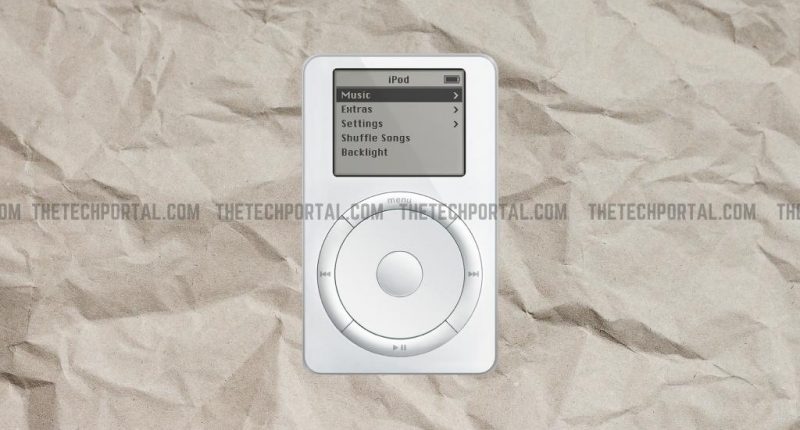iPod has been a part of the Apple family ever since it was launched over two decades ago. In fact, it is safe to say that after Apple’s downfall in the late 90s, iPod was the device that brought the company back from being almost dead. Since then, the Cupertino giant has sold more than 400 million iPods and over 35 billion songs. In a way, it was instrumental in making Apple one of the top tech companies in the world.
That era though, will finally come to an end.
Apple will be discontinuing the iPod Touch, the last version of the iPod available on the market, and will not be restocked once its supplies run out. Once the last iPod Touch is sold, it will be the final nail in the coffin for the iPod, which walked the way of the Walkman and revolutionized how we listen to music. Apple made the announcement via a blog post.
Then again, this does not come as particularly surprising news, as iPod sales have been drying out for quite some time. You may have noted that Apple stopped reporting iPod sales back in 2015, and it last received an update in 2019. Additionally, people today no longer need to resort to iPods to listen to music when they have devices such as iPhone, Apple Watch, Mac, and iPad at their beck and call.
So in a way, the death knells for iPod have been ringing for quite some time, and Apple just ensured it further.
“Music has always been part of our core at Apple, and bringing it to hundreds of millions of users in the way iPod did impact more than just the music industry — it also redefined how music is discovered, listened to, and shared,” said Greg Joswiak, Apple’s senior vice president of Worldwide Marketing.
“Today, the spirit of the iPod lives on. We’ve integrated an incredible music experience across all of our products, from the iPhone to the Apple Watch to the HomePod mini, and across Mac, iPad, and Apple TV. And Apple Music delivers industry-leading sound quality with support for spatial audio — there’s no better way to enjoy, discover, and experience music,” he added.
Nonetheless, the iPod will be missed, and its impact cannot be denied. It made its debut at a time when the music industry was booming and CDs could not fully satisfy your appetite for music. That is where the iPod came in, letting you listen to songs on the go and setting up the stage for Apple to dominate the mobile devices market.
Ever since its original version in 2001 (by Steve Jobs) where it could store 1000 songs, it has undergone several iterations.
The iPod Touch came six years later and was designed by the same team that later invented the iPhone. It was an instant hit, clocking over 54 million units being sold in 2008. But in 2007, the iPhone also came out, usurping the top spot and becoming the cynosure of every eye.
The Tech Portal is published by Blue Box Media Private Limited. Our investors have no influence over our reporting. Read our full Ownership and Funding Disclosure →






